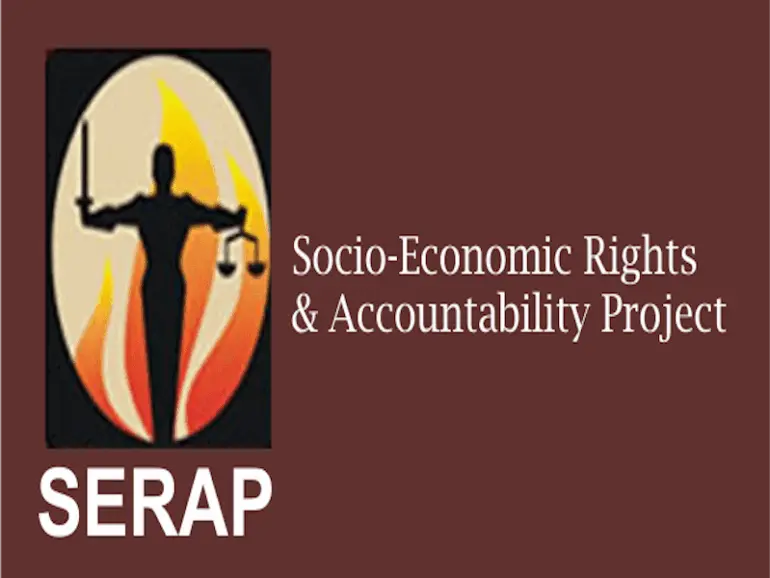The Socio-Economic Rights and Accountability Project (SERAP) has called on all 36 state governors and the Minister of the Federal Capital Territory (FCT), Nyesom Wike, to publicly disclose how they have spent the trillions of naira received from fuel subsidy savings since the policy was removed in 2023.
In a statement released on Sunday by SERAP’s Deputy Director, Kolawole Oluwadare, the organisation urged the governors and the FCT minister to provide detailed plans on how they intend to use future fuel subsidy savings from Federation Account Allocation Committee (FAAC) allocations, including specifics on any planned projects.
Through a series of Freedom of Information (FoI) requests, SERAP expressed concern over the lack of transparency in the management of increased FAAC allocations. The group warned that the secrecy surrounding these funds poses a significant risk of mismanagement, diversion, and wasteful spending on luxury items, while millions of Nigerians continue to suffer from poverty, unpaid salaries, and poor access to basic services.
“The increased FAAC allocations following the fuel subsidy removal should have translated into measurable social and economic relief for Nigerians,” SERAP said, “but instead, they have raised more questions than answers.”
SERAP cautioned that if the state governments and the FCT administration fail to respond within seven days, the organisation will pursue legal action to enforce transparency in accordance with the Freedom of Information Act and recent Supreme Court rulings.
The FoI requests highlight the risks of corruption, noting reports of public funds being spent on unnecessary travels, exotic and bulletproof vehicles, and lavish lifestyles for politicians, even as widespread poverty and underdevelopment persist.
SERAP stressed the urgent need for accountability to prevent public funds from being diverted into private hands and to ensure that fuel subsidy savings benefit ordinary Nigerians.
The organisation added that greater transparency could help alleviate poverty and improve access to essential services. It cited data showing that FAAC distributed N28.78 trillion in 2024—an increase of 79% from the previous year—with state governments’ allocations rising by 45.5% to N5.22 trillion. Despite this, many states still owe salaries, pensions, and continue borrowing to meet payroll obligations.
The statement also referenced constitutional mandates requiring public institutions to eliminate corruption and ensure that national resources are used for the common good. Additionally, under the UN Convention Against Corruption, Nigeria has committed to managing public resources transparently and accountably.
SERAP underscored that citizens have a constitutional and democratic right to access information about government spending, which is essential for public oversight and preventing abuses of trust.
Significantly, SERAP pointed to a landmark Supreme Court ruling affirming that the Freedom of Information Act applies to state governments, dispelling previous claims by governors that the law does not bind them. This ruling strengthens the legal basis for demanding full disclosure of subsidy savings expenditures.
In closing, SERAP urged all governors and the FCT minister to comply promptly with the FoI requests to demonstrate commitment to transparency and accountability in managing public funds.
Following the subsidy removal by President Bola Tinubu in May 2023, allocations to the three tiers of government surged, yet persistent poverty, unpaid pensions, and inadequate infrastructure continue to plague many states. Civil society organisations, including SERAP, have repeatedly called for clarity on how these increased funds are being used to benefit Nigerians.


